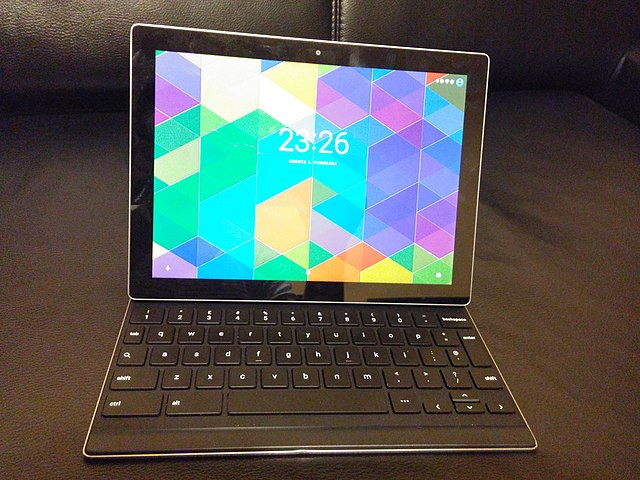Google is once again retreating from the tablet market, with reports indicating the company has canceled its second-generation Pixel Tablet, codenamed "Kiyomi." This decision, confirmed by Android Authority, comes as the first-generation Pixel Tablet, launched last year, struggled to gain significant traction in an increasingly competitive marketplace.
The cancellation of the Pixel Tablet 2 follows concerns within Google that further investment in the device would lead to financial losses. A source within the company revealed that the Pixel Tablet 2 was still in its early stages of development but will no longer move forward. This news contradicts an earlier report from Android Headlines that suggested the Pixel Tablet 3 had been scrapped. Evidence now points to "Kiyomi" being the codename for the Pixel Tablet 2, not a third-generation model.
Google's withdrawal from the tablet category comes just a year after it re-entered the market with the $499 Pixel Tablet. The device was bundled with a magnetic speaker dock that allowed it to double as a smart home hub, with a standalone version later sold for $399. Despite its innovative features, the Pixel Tablet failed to establish itself as a viable competitor to Apple's iPad or Samsung's Galaxy Tab series, both of which dominate the sector.
The Pixel Tablet 2 was expected to address shortcomings of its predecessor by incorporating a Tensor G4 chipset, a keyboard accessory with a built-in touchpad, and support for both Wi-Fi and 5G connectivity. These upgrades were designed to appeal to productivity-focused users and compete with high-end alternatives. However, the cancellation suggests that Google sees insufficient demand to justify continued development.
Google has historically struggled to make a meaningful impact in the tablet space. While its Nexus 7 tablets were well-received over a decade ago, subsequent efforts, such as the Pixel Slate in 2019, faltered. The company announced it was exiting the tablet market after the Pixel Slate's poor reception, only to reverse course in 2022 with the release of the Pixel Tablet. This inconsistent strategy has made it difficult for Google to establish itself in a market dominated by Apple's iPad, which benefits from a robust ecosystem of apps optimized for larger screens.
The decision to cancel the Pixel Tablet 2 also raises questions about Google's broader hardware strategy. While its Pixel smartphones and Nest smart home devices have found success, the company's inability to sustain a competitive tablet offering underscores its challenges in navigating a crowded market. Some industry experts speculate that Google's Nest division may absorb the company's large-screen ambitions, focusing on devices like the Nest Hub and Nest Hub Max rather than standalone tablets.
Competitive pressures have also played a role in Google's retreat. Rivals such as ByteDance, with its TikTok-branded devices, and Samsung have continued to innovate in the tablet space, while Apple maintains a dominant position. Additionally, Android's lack of third-party apps optimized for tablets has long been a stumbling block for Google's efforts in this area.



